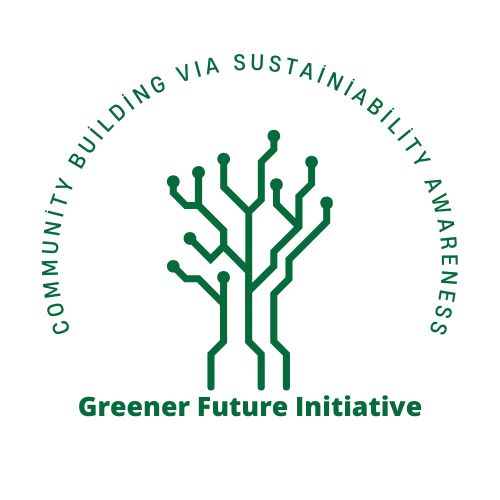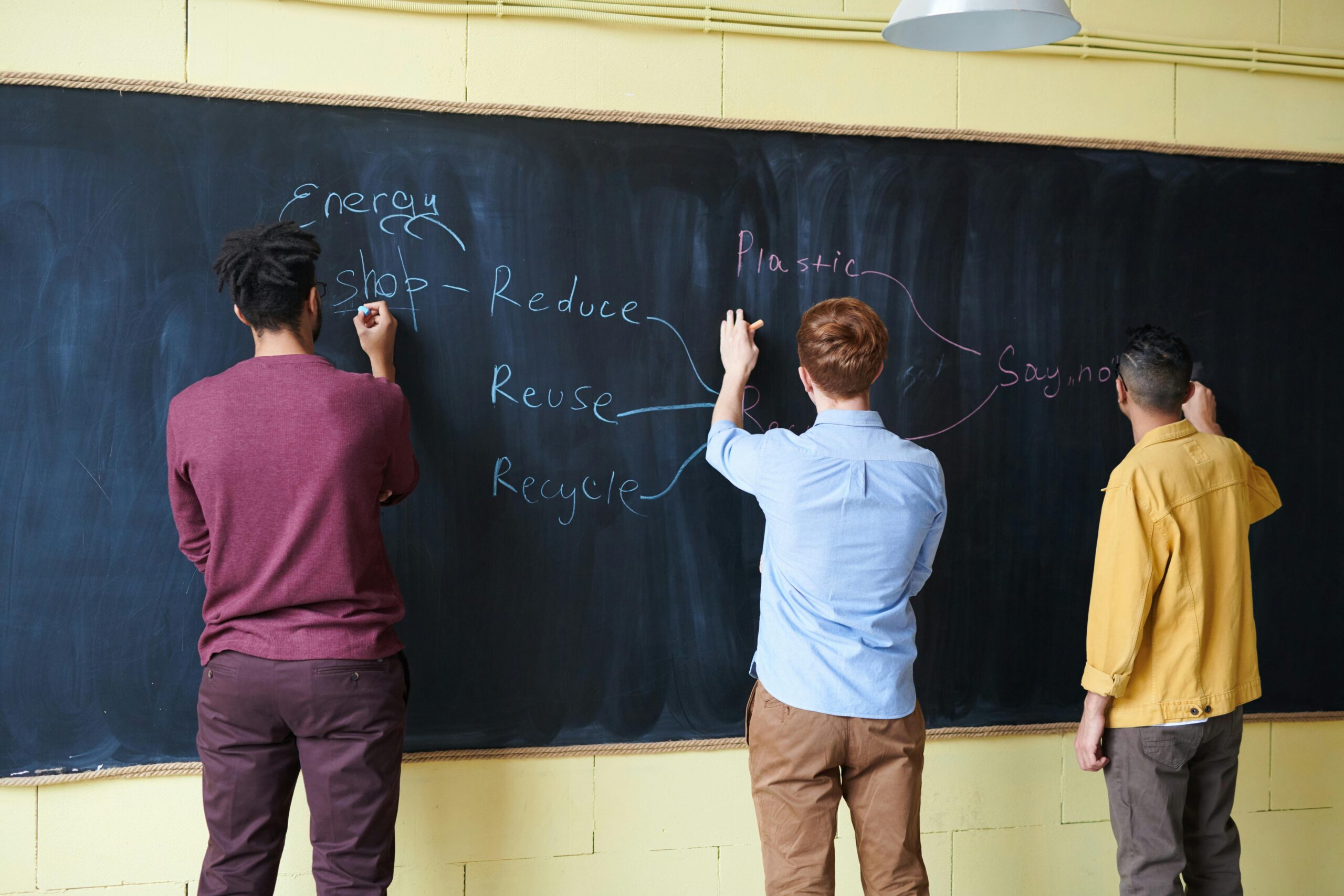How can we create a better course on sustainability for beginners? There are dozens of ideas, and this article looks into some of them.
The urgency to adopt sustainable practices has never been clearer. As environmental challenges like climate change, deforestation, and resource depletion become increasingly pressing, many individuals are seeking ways to make a difference.
For beginners eager to embark on a green journey, structured learning through sustainability courses can provide the knowledge and tools needed to live more eco-friendly lives.
Educators and eco-conscious self–learners will find this article informative.
Here are inspiring course ideas to help you or your audience take that first step toward sustainability.
Why Sustainability for Beginners?
Sustainability can feel overwhelming for newcomers. This is due to its jargon, complex global issues, and myriad solutions.
As such, there’s a need for beginner-friendly courses. These courses aim to simplify the challenges of breaking down concepts, offering practical advice and emphasizing actionable steps.
The goal is to build confidence and cultivate a mindset that embraces long-term change.
Course Ideas to Inspire Green Living
To inspire green living, a good command of ideas needs to be gathered when developing a course. Here are a few course ideas that can be created:
1. Sustainable Living 101: Practical Steps to Protect Our Planet
This foundational course introduces learners to the basics of sustainability. The course emphasizes the small, everyday actions that lead to significant change.
- Topics Covered:
- Understanding sustainability and its importance.
- The 3Rs: Reduce, Reuse, Recycle — and beyond (Refuse, Repair).
- Identifying and reducing your carbon footprint.
- Activities:
- Conduct a personal waste audit.
- Create a weekly plan for reducing energy and water usage.
- Outcomes: Participants will leave with a personalized sustainability action plan and practical knowledge they can implement immediately.
2. Green Homes: Building Eco-Friendly Habits
Another course idea is to come up with something the entire family will participate in.
Designed for individuals and families, this course focuses on transforming living spaces into eco-friendly environments.
- Topics Covered:
- Energy-efficient home upgrades (lighting, insulation, and appliances).
- Eco-friendly cleaning solutions and personal care products.
- Composting basics and waste segregation.
- Activities:
- DIY natural cleaning spray or shampoo.
- Conduct a household energy audit.
- Outcomes: Participants will understand how to make their homes more sustainable, leading to cost savings and reduced environmental impact.
3. Sustainable Food Choices: Eating for the Planet
Food production is a major contributor to environmental degradation. This course educates participants on making food choices that benefit the planet.
- Topics Covered:
- The environmental impact of various diets (meat-based vs. plant-based).
- How to shop locally and seasonally.
- Strategies to minimize food waste.
- Activities:
- Plan a week’s worth of sustainable meals.
- Create a compost bin for food scraps.
- Outcomes: Participants will gain practical insights into sustainable eating and learn how to incorporate eco-friendly food practices into daily life.
4. DIY and Upcycling: Creative Sustainability
A hands-on course for those who enjoy crafts and creativity, this class demonstrates how to repurpose and upcycle everyday items.
- Topics Covered:
- Understanding the lifecycle of common products.
- How to turn waste into useful or decorative items.
- Activities:
- Create tote bags from old T-shirts.
- Transform glass jars into planters or storage containers.
- Outcomes: Participants will leave with unique DIY projects and a greater appreciation for reducing waste creatively.
5. Climate Change for Beginners: Understanding the Science and Solutions
This course demystifies climate change by providing a clear explanation of its causes, effects, and solutions.
- Topics Covered:
- The science of climate change.
- The role of governments, businesses, and individuals in addressing the crisis.
- The concept of carbon neutrality.
- Activities:
- Calculate your carbon footprint.
- Brainstorm local solutions to global problems.
- Outcomes: Participants will gain a solid understanding of climate change and feel empowered to contribute to solutions at the local and global levels.
6. Sustainable Fashion: Dressing Consciously
Fast fashion has devastating environmental consequences. This course introduces learners to the principles of sustainable fashion and how to build a conscious wardrobe.
- Topics Covered:
- The environmental and ethical impact of the fashion industry.
- How to thrift, upcycle, and repair clothes.
- Identifying ethical and eco-friendly brands.
- Activities:
- Organize a clothing swap event.
- Learn basic sewing skills for mending garments.
- Outcomes: Participants will be equipped to make informed fashion choices and embrace sustainable style.
7. Nature and Wildlife Conservation: Protecting Our Biodiversity
For nature lovers, this course emphasizes the importance of preserving biodiversity and protecting natural habitats.
- Topics Covered:
- The role of forests, oceans, and wetlands in the ecosystem.
- Threats to biodiversity and how to mitigate them.
- Community conservation initiatives.
- Activities:
- Create a pollinator-friendly garden.
- Participate in a local cleanup drive or tree-planting event.
- Outcomes: Participants will understand how their actions impact biodiversity and learn ways to support conservation efforts.
Tips for Designing Beginner-Friendly Courses
After ideas have been gathered, there are some common tips to be considered with respect to beginner-friendly courses.
The tips listed below will guide you in designing such a course. Here they are:
- Simplify Complex Concepts: Avoid technical jargon and use relatable analogies to explain scientific or systemic issues.
- Focus on Actionable Steps: Beginners often feel more motivated when courses offer clear, manageable tasks they can implement right away.
- Incorporate Interactive Elements: Games, quizzes, and hands-on projects keep participants engaged and enhance learning.
- Use Real-Life Examples: Case studies and success stories can inspire participants and demonstrate the practical benefits of sustainability.
- Offer Resources and Tools: Provide downloadable guides, templates, and checklists that participants can use beyond the course.
Way Forward
Starting a sustainability journey is about progress, not perfection. These beginner-friendly course ideas provide a roadmap for those ready to take their first steps toward greener living.
Whether you choose to focus on sustainable food, eco-friendly homes, or climate education, remember that each small action contributes to a larger movement for a healthier planet.
By learning, applying, and sharing these practices, beginners can become catalysts for meaningful change.

